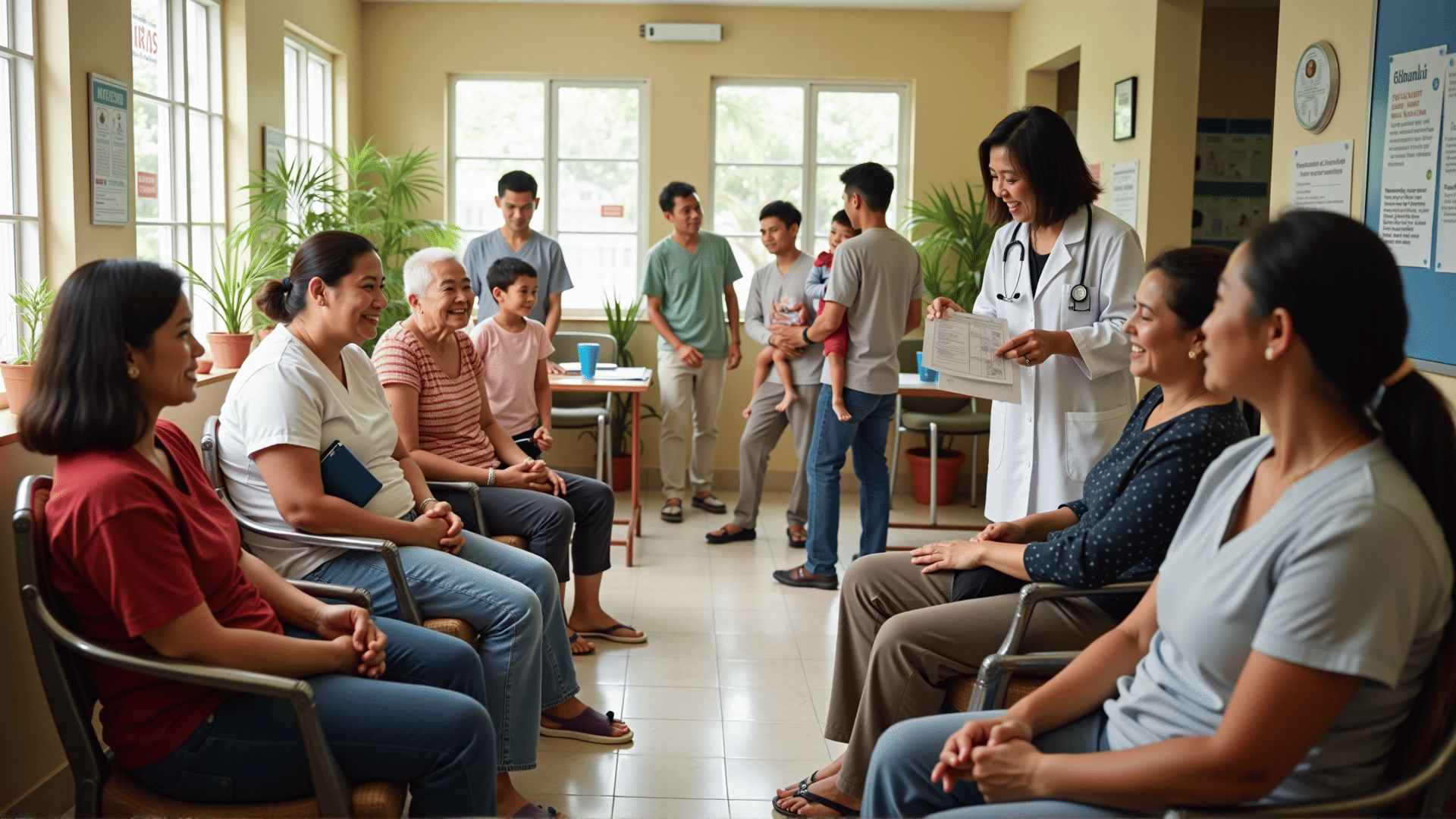Community health programs play a vital role in enhancing the quality of life for residents by providing essential medical services and promoting overall well-being. These programs are designed to address the diverse health needs of the community, bridging gaps in care and ensuring that individuals have access to necessary resources.
At the heart of these initiatives is the belief that every person deserves the opportunity to lead a healthy life. Programs often offer a range of services, including preventive care, health education, and chronic disease management. By focusing on long-term health, these efforts not only cater to immediate medical needs but also work towards reducing future health challenges.
A major component of community health programs is preventive care. Regular screenings, vaccinations, and health check-ups are pivotal in identifying potential health issues before they become serious. Preventive care allows for early intervention, which can significantly lower the risk of developing more severe conditions.
Health education is another cornerstone of these programs. By equipping residents with knowledge about nutrition, exercise, and lifestyle choices, community health initiatives empower individuals to make informed decisions about their well-being. Educational workshops, cooking classes, and fitness groups are commonly offered, creating a supportive environment for individuals to learn and thrive.
Chronic disease management is also a key focus, as many community members live with ongoing health conditions such as diabetes, hypertension, and heart disease. Through personalized management plans, support groups, and regular monitoring, community health programs aim to improve the quality of life for individuals dealing with chronic illnesses.
Access is a critical factor in the success of these programs. Efforts are made to reach out to underserved areas and marginalized groups who might face barriers to accessing healthcare. Mobile clinics, partnerships with local organizations, and multilingual services help to reach a broader audience, ensuring that no one is left behind.
Moreover, these programs often collaborate with local schools, businesses, and non-profit organizations to broaden their impact. By fostering community partnerships, they can create a more resilient and health-oriented environment that benefits everyone.
Ultimately, community health programs are about more than just medical services; they are about building a sense of community and care. By prioritizing the well-being of each individual, these programs lay the foundation for a healthier, more inclusive society, where everyone has the opportunity to lead a fulfilling life.
